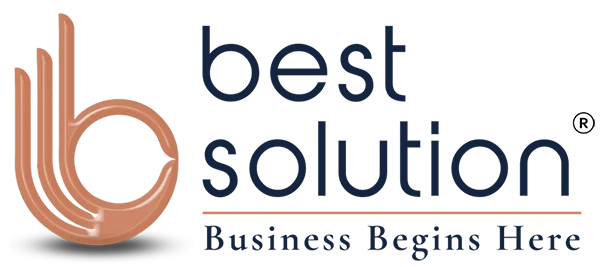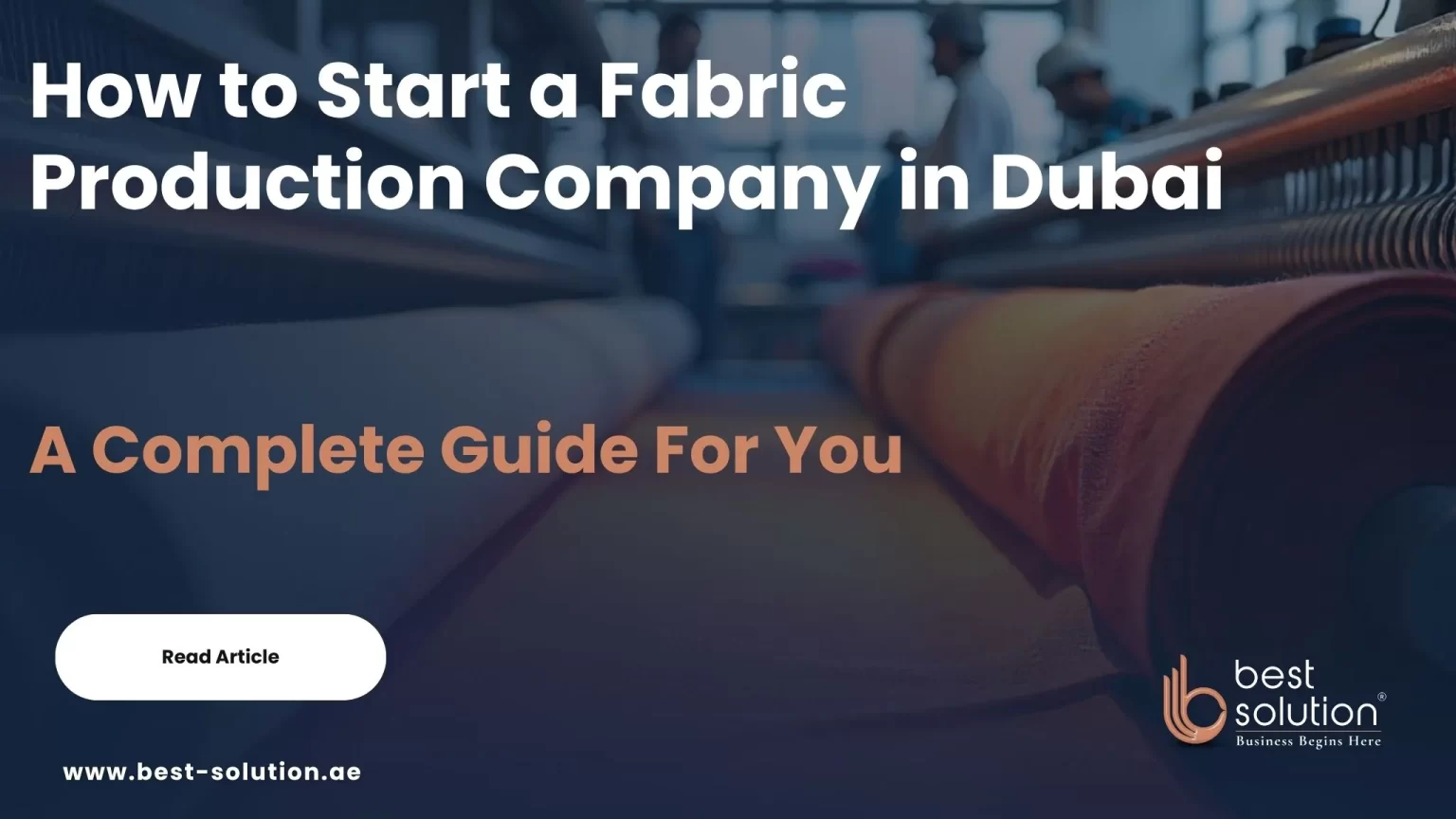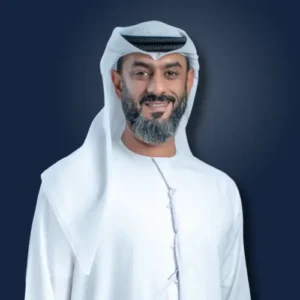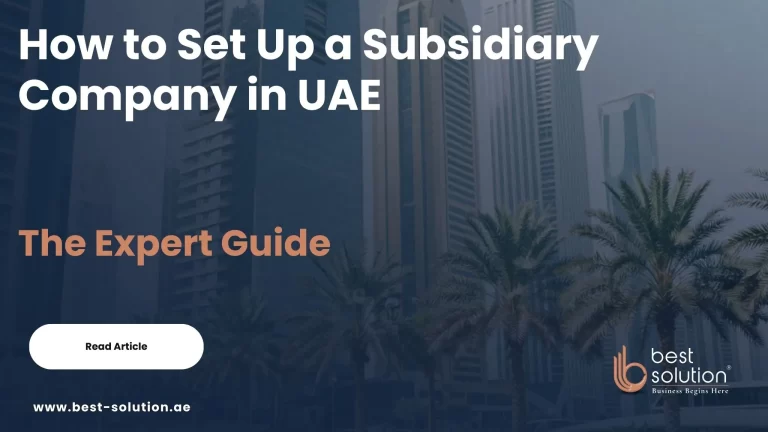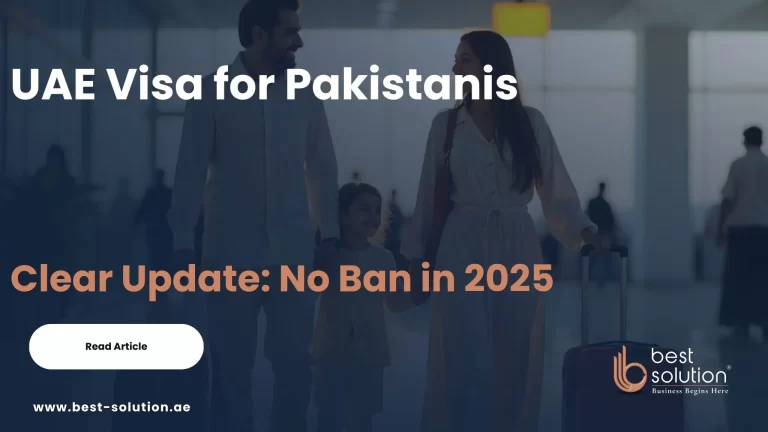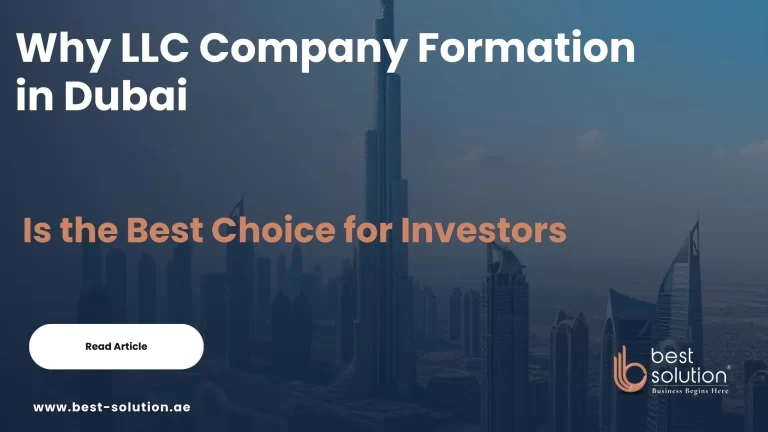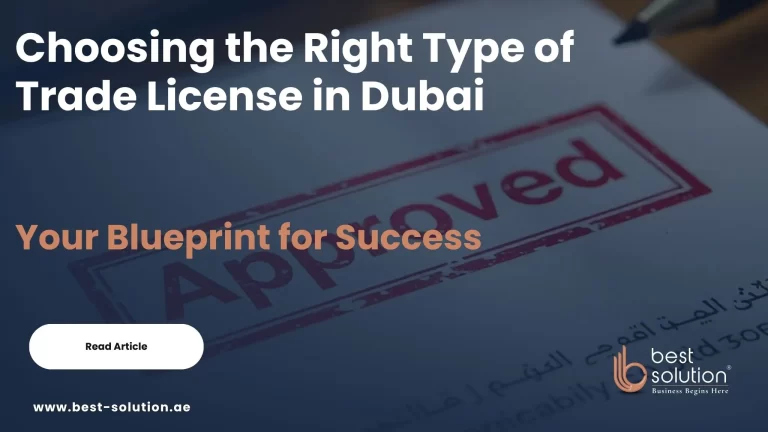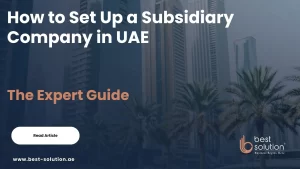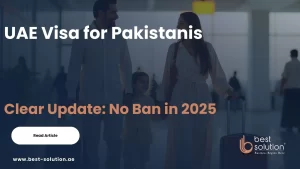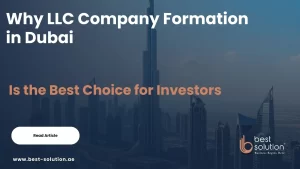Dubai isn’t just a global business hub — it’s a melting pot of cultures, attracting people from all over the world. With residents and visitors representing a wide variety of fashion tastes and traditional attire, there is a growing demand for diverse fabrics and customized textiles.
This multicultural mix creates a unique opportunity for fabric production companies in Dubai. From high-end fashion and casual wear to traditional garments and industrial textiles, manufacturers can cater to a wide spectrum of local and regional needs.
For entrepreneurs and global investors, the message is clear: Dubai’s diverse population isn’t just a market — it’s a launchpad for growth in the fabric industry.
Dubai’s Multicultural Market: The Hidden Driver Behind Textile Growth
Walk through Dubai’s vibrant neighborhoods—Deira, Al Karama, Jumeirah, or Business Bay, Dubai Design District (d3) —and you’ll encounter fabrics representing every corner of the world. This isn’t accidental. Dubai’s population is a true cultural mosaic, creating year-round demand for fabrics suited for everything from traditional wear and haute couture to uniforms and technical textiles.
The presence of d3, home to fashion designers, creative studios, and textile innovators, adds a strategic layer for fabric manufacturers. Companies supplying high-quality, customizable fabrics can collaborate with designers here, tapping into a ready market for niche, high-value, and experimental textiles.
According to the UAE Ministry of Economy, the textile and apparel sector contributes over AED 25 billion to the national GDP, making it the second-largest non-oil industry after petrochemicals. About 9.5% of the UAE’s non-oil trade is driven by textiles, and Dubai leads that charge with export-ready manufacturing and logistics infrastructure.
How to Start a Fabric Production Company in Dubai (Step-by-Step)
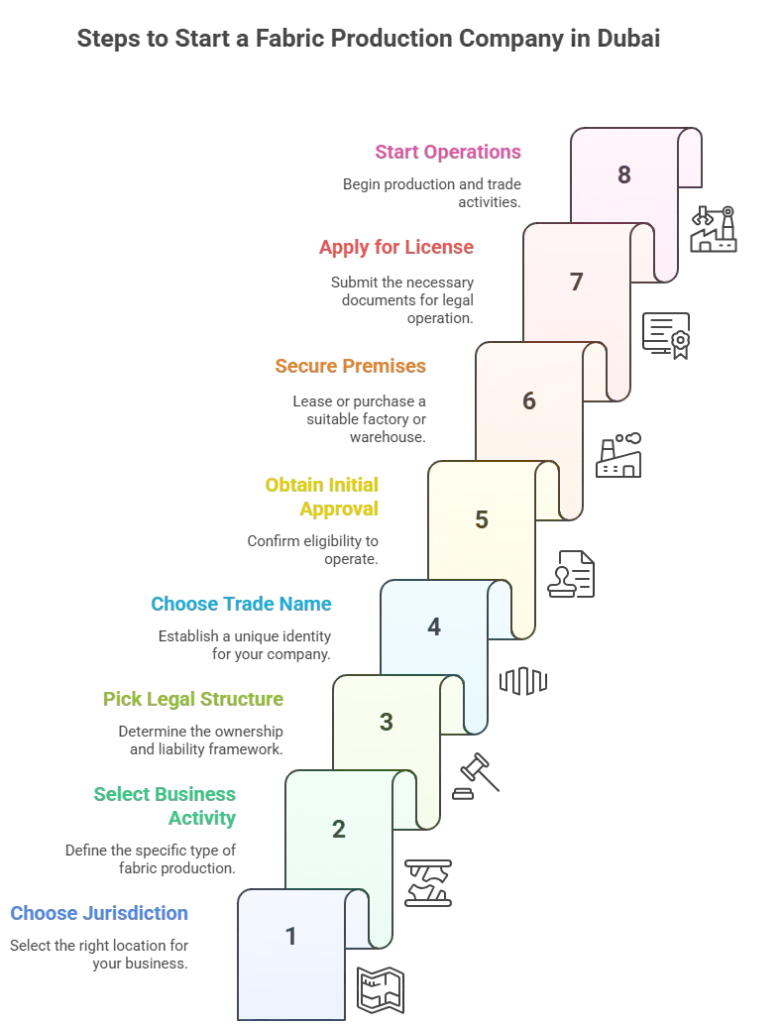
Starting a business in Dubai involves several key steps to secure the necessary licenses and approvals. These steps lay the foundation for a company that can successfully manage the full fabric production cycle
Step 1: Choose Your Jurisdiction
Selecting the right jurisdiction is one of the most important decisions when starting a fabric production company in Dubai, as it affects your ownership structure, market access, licensing process, and long-term growth potential.
- Mainland (via Dubai Economy & Tourism – DET): Suitable if you plan to sell directly within the UAE market.
- Free Zone (e.g., JAFZA, DIC, RAKEZ): Ideal for export-focused operations with 100% ownership and simplified setup.
Step 2: Select Your Business Activity
Under the Industrial License category, choose:
- Fabric or Textile Manufacturing
- Yarn Production
- Dyeing and Finishing Unit
- Recycled or Sustainable Fabric Manufacturing
Choosing the right activity is crucial, because it defines your license type, permissible operations, and the approvals you’ll need from authorities like DET, MOIAT, and ESMA.
Step 3: Pick a Legal Structure
Your legal structure determines ownership, liability, and how your business operates. Common options for a fabric production company in Dubai include:
- LLC (Limited Liability Company): Suitable for mainland businesses, allows local and international trade with shared liability.
- Sole Establishment: Owned by a single individual, simpler setup but limited to certain activities.
- Free Zone Company (FZC/FZE): Ideal for free zone setups, offering 100% foreign ownership and easier regulatory compliance.
Choosing the right structure ensures your company aligns with your business goals, investment plans, and operational scope.
Step 4: choose your name
You must choose and reserve a trade name for your fabric production company in Dubai. This is a crucial step because it will be your official business identity for all licenses, contracts, and marketing.
How to choose a trade name:
- Ensure it’s unique and not already registered with Dubai Economy or the relevant Free Zone authority.
- Avoid offensive, religious, or political terms.
- Reflect your business activity clearly, e.g., “XYZ Fabric Production Company.”
- Keep it simple, professional, and memorable for clients and investors.
Reservation Time: Usually 1–2 business days. Once approved, you can proceed with initial approval and licensing.
Step 5: Obtain Initial Approval
This step essentially confirms that your proposed fabric production company in Dubai is eligible to operate and meets the basic regulatory requirements. You should submit:
- Passport copies of shareholders: Identification documents for all owners involved in the business.
- Trade name reservation: Approval of your company’s chosen name to ensure it’s unique and compliant with UAE regulations.
- Business plan & factory layout: A clear plan outlining your operations, production capacity, and factory setup, showing authorities that your business is feasible and compliant.
- NOC from landlord: A no-objection certificate if you’re leasing industrial or warehouse space, confirming permission to operate your business at that location.
Approval Time: Usually 2–3 business days, depending on the jurisdiction and completeness of your documents.
Step 6: Secure Industrial Premise
The next step is to lease or purchase a factory or warehouse for your fabric production company in Dubai. Choose a location in a recognized industrial zone, depending on your jurisdiction:
- Free Zones: Dubai Industrial City (DIC), Jebel Ali Free Zone (JAFZA), RAKEZ, UAQ Free Trade Zone — ideal for export-focused operations with 100% foreign ownership.
- Mainland: Al Quoz Industrial Area, Al Warsan, or other government-approved industrial plots — suitable if you plan to trade directly in the UAE market.
Ensure your facility meets MOIAT regulations, Dubai Municipality standards, and Civil Defense safety requirements, including proper factory layout, fire safety measures, and environmental compliance.
Securing the right premises is critical for smooth operations, regulatory approvals, and long-term growth in Dubai’s competitive textile sector.
Step 7: Apply for the Industrial License
It’s time to submit your application for the industrial license. Once your documents are ready, apply through DET or your Free Zone Authority.
Documents typically required include:
- Initial approval certificate
- Passport copies of shareholders
- Trade name reservation confirmation
- Business plan & factory layout
- NOC from landlord (if leasing premises)
- MOIAT clearance for industrial activity
- Civil Defense & municipality approvals for safety and compliance
- Environmental clearance (if applicable)
License Fees: AED 12,000–25,000 (varies by jurisdiction and type of activity)
Approval Time: Typically 1–2 weeks once all documents are submitted
CRITICAL MOIAT APPROVAL INSIGHT: MOIAT clearance is not a rubber-stamp. For manufacturing, the Ministry requires detailed, professional engineering drawings showing precise machinery placement, ventilation systems, and fire suppression layouts before licensing. This technical review ensures the factory is fit-for-purpose and compliant with industrial safety standards, and is the most common point where self-setups face delays.
Once issued, your industrial license gives you the legal authority.
Step 8: Start Operations
After licensing, open a corporate bank account, register with Dubai Customs, and begin importing machinery and materials.
The industrial license for a fabric production company in Dubai must be renewed annually to remain valid. Renewal fees are usually similar to the initial license cost and require submitting updated documents, such as the trade name, tenancy contract, and approvals, to DET or the relevant Free Zone Authority. Timely renewal—typically taking 1–2 weeks—ensures uninterrupted operations and compliance with UAE regulations.
The Industrial Checklist: Critical Compliance & Logistics
For a fabric production company, securing the license is only the entry point. Successful operation hinges on mastering three specialized industrial compliance and logistical hurdles that most service-based businesses in Dubai never face.
1. Utilities & Specialized Waste Management
Unlike an office setup, an industrial facility requires robust allocation and specific permits, particularly if your process involves dyeing or chemical finishing:
- Power & Water Allocation: Manufacturing units require industrial-grade power and water supply. You must secure official approval from the relevant utility provider (e.g., DEWA in Dubai) during the initial planning phase to confirm your chosen premise can support your machinery’s high load requirements.
- Wastewater Discharge Permits: This is a critical point for dyeing and finishing units. You cannot simply discharge colored or chemically treated water into the general sewage system. You must obtain specific Water Discharge Permits from Dubai Municipality or the respective Free Zone Environmental Department (e.g., JAFZA EHS). This often requires pre-treatment facilities on-site and continuous monitoring.
- Waste Management Contracts: All commercial and industrial waste (including fabric scraps, plastic, and potential hazardous chemical waste) must be managed by a Dubai Municipality-approved waste management contractor. Your business must have a signed service contract with a compliant third-party provider before commencing operations.
2. Import Duty & Customs for Raw Materials
Your cost structure and cash flow are directly impacted by how you manage customs duties on imported raw materials (e.g., yarn, raw cotton, dyes).
| Scenario | Location | Customs Duty on Raw Materials | Cash Flow Impact |
| Export-Focused Production | Free Zone (e.g., JAFZA, DIC) | 0% Duty upon import. | Maximum Advantage: Duties apply only if finished goods enter the UAE Mainland — deferring cost & improving cash flow. |
| Mainland Production | Mainland (e.g., Al Quoz Industrial) | 5% Duty (CIF value) paid upon import. | Immediate Cost: Duty paid upfront. Some industrial inputs may qualify for MOIAT exemption (machinery). |
Expert Tip: Manufacturing in a Free Zone (like JAFZA) allows you to import raw materials and machinery duty-free, process them into finished fabric, and then re-export them without ever paying UAE customs duties, maximizing global competitiveness.
3. Labor Quota & Industrial Visas
Industrial setups require a large operational workforce, making the labor quota system a vital planning consideration:
- Quota Link to Space: While MoHRE rules have evolved, the number of visas you are initially allocated is directly tied to the size and nature of your workspace. A manufacturing unit must demonstrate it has sufficient physical space (often a general rule of 9 square meters per employee) to house the required workforce.
- Industrial Labor Visas: Your license category (Industrial/Manufacturing) allows you to apply for specialized Industrial Labor Visas, which are essential for factory floor staff. You must plan your recruitment based on your approved visa quota and the facility’s capacity.
- Emiratisation & Diversity: Mainland companies meeting specific size thresholds (currently 50+ employees) are mandated to adhere to Emiratisation targets (hiring a percentage of Emirati nationals). While Free Zones are generally exempt, all companies are encouraged to maintain workforce diversity.
Estimated Setup Costs for a Fabric Production Company in Dubai
When planning to start a fabric production company in Dubai, securing the industrial license is the essential first financial commitment. This fee grants your business the legal authority to operate, import machinery, and manufacture fabrics within the UAE.
- Industrial License Fee: AED 12,000–25,000
- The exact amount depends heavily on your jurisdiction (Mainland vs. Free Zone) and the specific activities chosen (e.g., dyeing vs. simple assembly).
This license fee is only the initial compliance cost and is separate from other business setup expenses such as trade name reservation, approvals, industrial space rent, and labor.
Factory-Specific Cost Insight: DIC vs. JAFZA
Beyond the license, your operational costs vary significantly by location—a distinction only experts highlight:
| Factor | Dubai Industrial City (DIC) | Jebel Ali Free Zone (JAFZA) |
| Utility Fees (Power/Water) | Can be significantly lower due to specialized industrial allocation and pricing schemes. | Higher tariffs, as land is prioritized for logistics and trade operations. |
The Impact: The cost difference in industrial power alone can exceed AED 50,000 annually for a large-scale dyeing unit—a critical factor when setting your budget.
Expert Warning: The MOIAT/ESMA Compliance Hurdle
Obtaining the Industrial License for fabric production is uniquely difficult due to mandatory governmental quality and safety controls, primarily enforced by the Ministry of Industry and Advanced Technology (MOIAT) and Emirates Authority for Standardization and Metrology (ESMA).
Most industrial license applications are delayed here because:
- Technical Drawings are Missing: You must submit detailed engineering layouts of the factory floor, showing machinery placement, adequate ventilation, and precise fire safety routes to MOIAT before final approval. A simple floor plan is insufficient.
- Product Certification: Your final manufactured fabric must meet ESMA’s specific standards for textiles, especially if you deal with children’s wear or protective gear. This requires submitting samples for mandatory testing and certification.
Our Proprietary Checklist Insight: Never submit your license application until you have a clear plan for your wastewater discharge management, particularly if your operation involves dyeing or chemical finishing. Dubai Municipality and JAFZA have zero-tolerance policies here, and obtaining the specialized permit can take longer than the license itself.
Compliance is often the biggest bottleneck for new manufacturers. We turn this liability into a competitive edge.
The Challenge: A new textile manufacturer in Dubai South needed the mandatory ECAS (Emirates Conformity Assessment Scheme) certification for their final fabric line. They initially budgeted 6 weeks for product testing, MOIAT portal submission, and technical review—a critical delay for their launch schedule.
Our Expert Approach: Leveraging his many years of expertise in the UAE business setup field, General Manager Vipin Kumar deployed our compliance specialists. We pre-audited the product labeling, consolidated the technical file, and used our network of accredited labs to fast-track the testing and submission phases.
The Result: The client achieved full ECAS certification readiness in 3 weeks, cutting their initial compliance timeline by 50%. This swift turnaround allowed them to clear customs and launch their product line three weeks ahead of their competitor. For them, compliance truly became a strategic advantage.
Market Opportunity: Why Investors Are Turning Toward Fabric Manufacturing
Dubai’s position between Asia, Africa, and Europe makes it a strategic export hub for textiles. With Jebel Ali Port, Dubai International Airport, and Al Maktoum International Airport, companies enjoy fast connections to over 3 billion consumers within an eight-hour flight radius. Dubai’s free trade agreements, strategic logistics, and tax-free environment make it a major export base for fabric manufacturers.
Growing regional markets in Africa and South Asia are driving up fabric imports—especially for technical textiles, uniforms, sportswear, and eco-friendly fabrics. Local buyers, from hotels to fashion houses, also increasingly prefer “Made in UAE” fabrics because of reduced import times and higher customization.
For global investors, setting up a fabric production company in Dubai means:
- Lower logistics costs
- Easier access to regional buyers
- Faster turnaround for orders
- Strong government incentives for innovation
Government Vision: How Policy Is Weaving the Future of UAE’s Fabric Industry
The UAE government is actively investing in industrial growth through initiatives like:
- “Make it in the Emirates” – A national movement under the Ministry of Industry and Advanced Technology (MOIAT) encouraging local manufacturing and self-reliance.
- UAE Industrial Strategy 2031 (Operation 300bn) – Aiming to boost the industrial sector’s GDP contribution to AED 300 billion by 2031.
- Abu Dhabi Industrial Strategy & Dubai Industrial Strategy 2030 – Both prioritize advanced manufacturing, sustainable production, and export competitiveness.
Through these initiatives, Dubai offers 100% foreign ownership, zero income tax, and repatriation of profits in free zones like:
- Jebel Ali Free Zone (JAFZA) – Best for export-oriented manufacturers.
- Dubai Industrial City (DIC) – Tailored for large-scale fabric and textile production.
- Ras Al Khaimah Economic Zone (RAKEZ) and Sharjah Airport International Free Zone (SAIF Zone) – Affordable options for SMEs and startups.
These zones also feature ready-built factories, advanced utilities, and direct access to MOIAT and Emirates Authority for Standardization and Metrology (ESMA) services for compliance.
Sustainability and Innovation: The Future Fabric of the UAE
Fabric producers in Dubai are rapidly adopting eco-friendly technologies—from waterless dyeing and recycled PET fabrics to organic cotton sourcing. Aligned with the UAE Net Zero 2050 Vision, many factories… are already integrating solar power and waste-reduction systems into operations.
This commitment to sustainability not only attracts global buyers but also helps companies qualify for green trade certifications, improving their international market reach.
Actionable Tip for Green Certification: To immediately enhance your competitive profile and qualify for government tenders, register your factory with the Dubai Green Procurement Initiative (GPI). This initiative prioritizes suppliers who meet specific environmental and quality criteria, effectively making sustainability a pathway to guaranteed government contracts and preferred status among large commercial buyers.
Expert Perspective from Essa Al Harthi, CEO, Best Solution Business setup Consultancy:
“Many new investors approach us thinking an Industrial License is just a ‘big version’ of a service license. They are mistaken. A simple service company setup is a legal checklist; an industrial setup is an engineering and compliance project. It involves MOIAT, Civil Defense, specific utility allocations, and strict waste protocols. Our role isn’t just paperwork—it’s ensuring your factory is compliant from the foundation up, transforming that complexity into a sustainable competitive advantage.”
Conclusion: Stitching the Future Together
Dubai’s cultural diversity isn’t just enriching its fashion scene—it’s driving an entire industrial transformation. For entrepreneurs and investors, launching a fabric production company in Dubai offers a rare blend of demand, infrastructure, and opportunity. Backed by government initiatives like “Make it in the Emirates” and a booming export market, the city is truly becoming the Middle East’s textile manufacturing capital.
If you’re planning to set up a fabric production company in Dubai, our consultants can guide you through licensing, factory setup, compliance with MOIAT and ESMA, and market-entry strategies to ensure your textile business starts strong and scales globally.
Ready to start your fabric production company in Dubai? Get your hassle-free, expert consultation today and launch your business with confidence!
Frequently Asked Questions
What are the best jurisdictions to set up a fabric production company in Dubai?
You can choose either the Mainland (via Dubai Economy & Tourism) for local trade or a Free Zone (such as Jebel Ali Free Zone Authority, Dubai Industrial City) for export-oriented business with 100% foreign ownership
What business activities are eligible for a fabric production company in Dubai?
Activities such as textile or fabric manufacturing, yarn production, dyeing and finishing units, and recycled/sustainable fabric manufacturing are typical.
What legal structures are available for such a business in Dubai?
You can set up as an LLC (Limited Liability Company) on the Mainland, a Sole Establishment (in limited cases), or a Free Zone Company (FZC/FZE) in a Free Zone, giving you full foreign ownership.
What are the key documents required to start fabric production business in Dubai?
Key documents include: trade license copy, passport and Emirates ID copies of owners/shareholders, business plan and factory layout, tenancy contract/NOC from landlord, engineering drawings (if required), and other clearances (industrial, environmental).
How long does the industrial licence process usually take?
Once all documents are complete and approvals (including from authorities like Ministry of Industry & Advanced Technology (MOIAT)) are in place, industrial licence approval typically takes 1-2 weeks.
What are the typical setup costs for a fabric production company in Dubai?
Initial licence fees vary by jurisdiction and activity but often range in the ballpark of AED 12,000–25,000 for a standard setup; additional costs for premises, machinery, utilities and compliance apply.
Are there any specific compliance or technical hurdles for fabric production in Dubai?
Yes — approvals from MOIAT and Emirates Authority for Standardization & Metrology (ESMA) may require detailed engineering drawings, fire safety layouts, ventilation systems, wastewater discharge permits (especially for dyeing/finishing).
What are the ongoing operational considerations for fabric manufacturing units?
You’ll need to manage utilities (industrial power/water), industrial visas for workforce (quota linked to space), waste-water management for dyeing/finishing units, compliance with emissions/waste regulations, and renewal of licences annually.
References
- Ministry of Industry and Advanced Technology (MOIAT) https://moiat.gov.ae/
- Emirates Authority for Standardization & Metrology (ESMA / now part of MOIAT) https://moiat.gov.ae/en/services
- Dubai Economy & Tourism (DET) – Mainland Licensing https://www.dubaided.gov.ae/
- Dubai Industrial City (DIC) https://www.dubaiindustrialcity.ae/
- Jebel Ali Free Zone Authority (JAFZA) https://jafza.ae/
- Ras Al Khaimah Economic Zone (RAKEZ) https://rakez.com/
- Sharjah Airport International Free Zone (SAIF Zone) https://www.saif-zone.com/
- Dubai Customs – Import/Export Requirements https://www.dubaicustoms.gov.ae/
- Federal Tax Authority (FTA) – Customs & Excise Rules https://tax.gov.ae/
- Dubai Civil Defense – Fire & Safety Approvals https://www.dcd.gov.ae/
- Dubai Municipality – Environmental & Wastewater Regulations https://www.dm.gov.ae/
- Dubai Chamber of Commerce – Manufacturing Resources https://www.dubaichamber.com/
Disclaimer : This guide provides a general information . Regulations and costs may change time to time based on government rules, so consult the best solution’s professional Business Setup consultants for the latest updates. Refer to the glossary for definitions of key terms which is mentioned in this article. Refer to the glossary for definitions of key terms.
